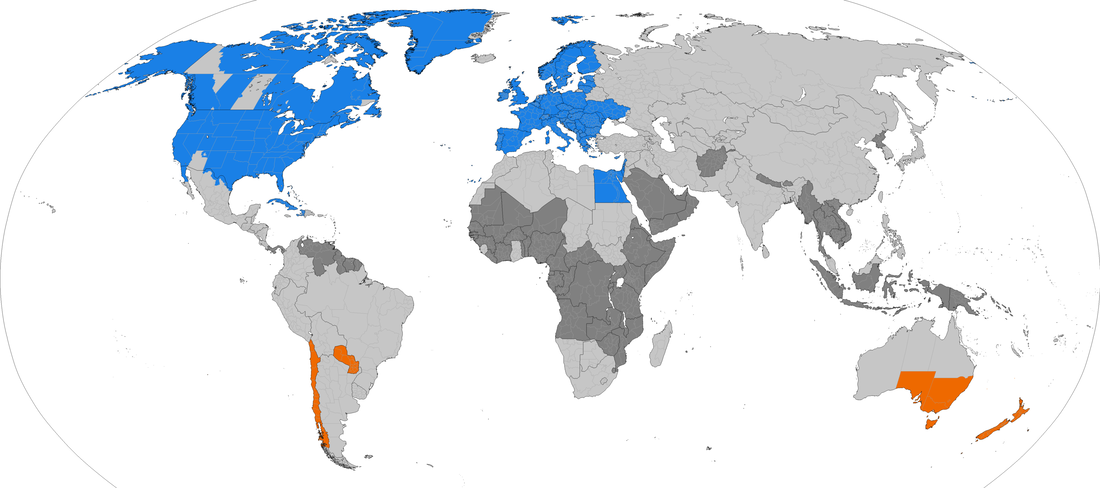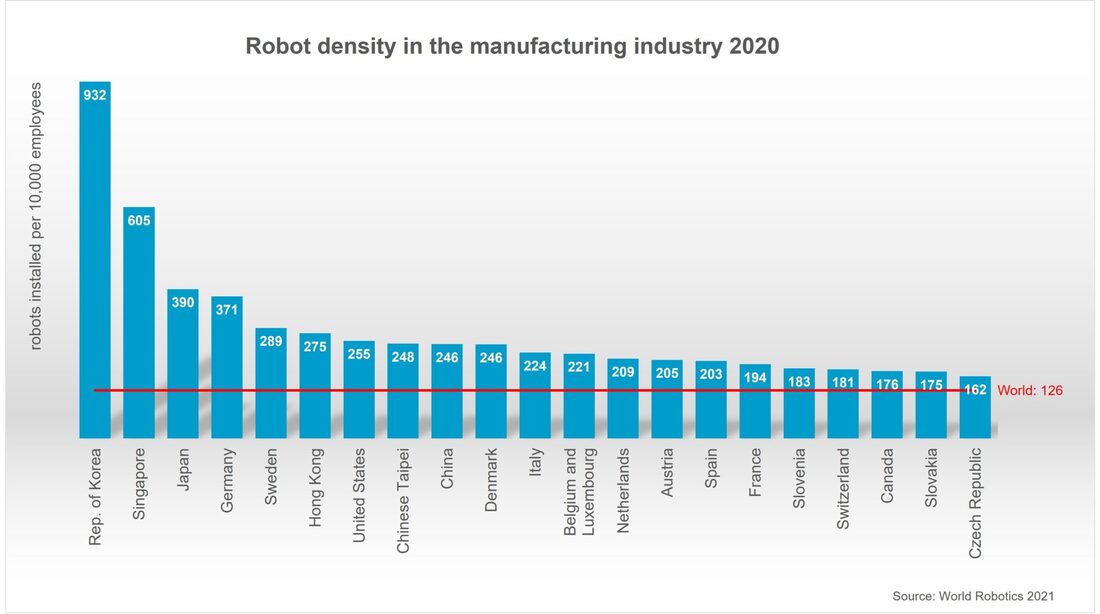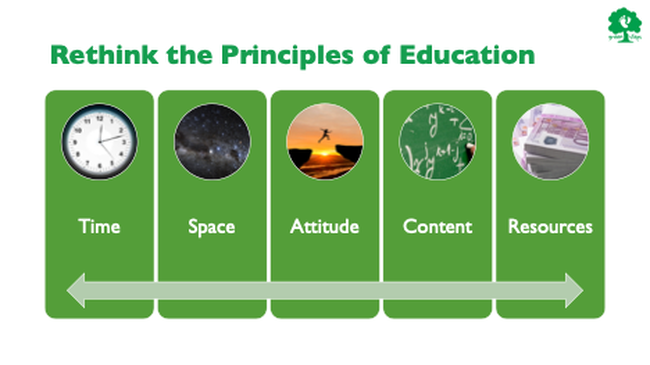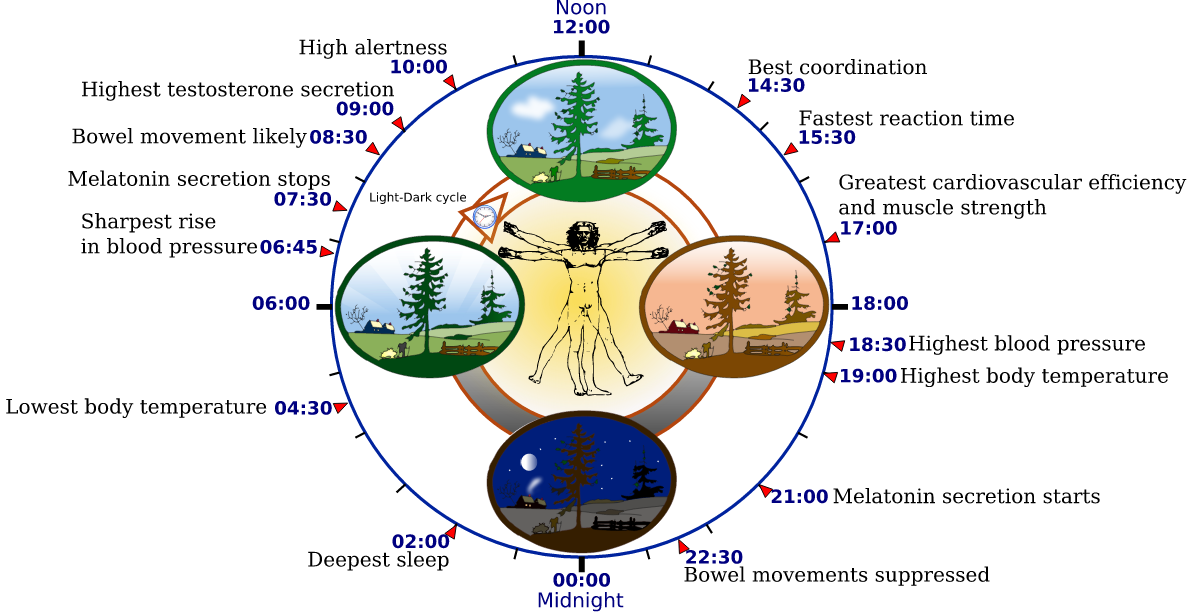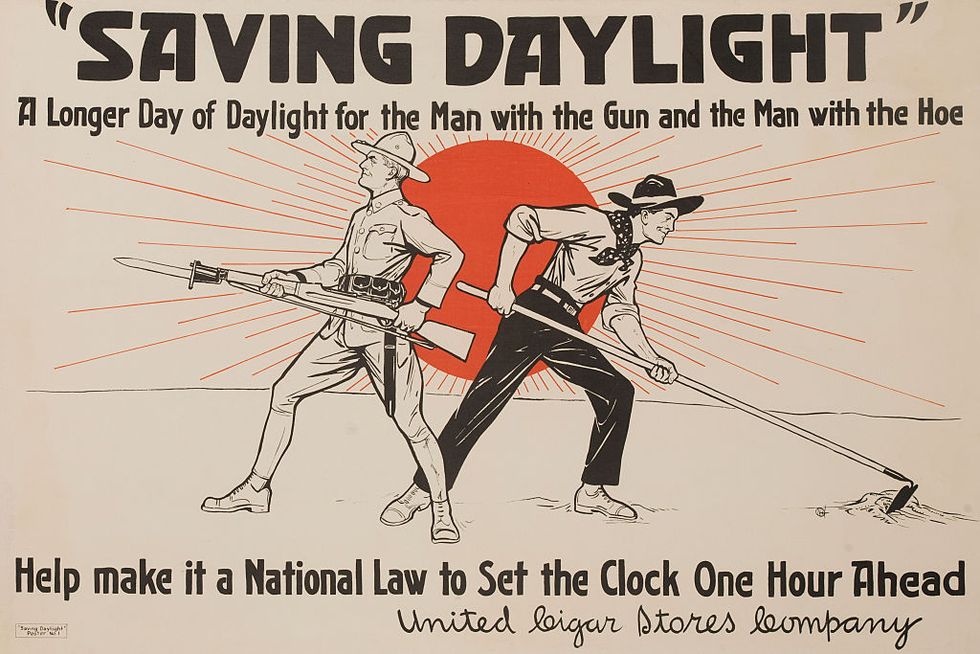This is the third spring that I experience the painful switch from wintertime to summertime after many years living in Asia where all year-round time does not change. Every year it is the dark winter season which reminds me in the most unpleasant way of my own years in school. Daylight Saving Time and the pressure of having to conform with an industrial system of setting our morning alarm like machines to rise before the sun is without doubt the most disturbing element of Western culture that I have identified in my reverse culture shock experience.
So, what’s the story of Daylight-Saving Time or short DST and why is it important that I tell it as a human being that has – on the contrary to most people I know - experienced both, a life with it and a life without. Let’s try a longitudinal perspective of a subject which is most fundamental to education and work and which has shaped our cultures more than anything else in the course of the industrial revolution: sleep.
Matthew Walker, a British neuroscientist, has devoted his life to the study of sleep and published in 2017 one of the most comprehensive accounts on the subject. While it should be common sense that sufficient sleep is beneficial to overall health, Walker goes at great length to look at sleep and its impact on our wellbeing from various perspectives. Here are same bullet points, which highlight his findings:
- two-thirds of adults throughout all developed nations fail to obtain the recommended eight hours of nightly sleep
- sleep deprivation and disruption contribute to all major psychiatric conditions, including depression, anxiety and suicidality
- the shorter you sleep, the shorter your lifespan
- sleep deficiency is a proven recipe for weight gain
- the countries where sleep time has most dramatically declined over the past century, such as the US, UK, Japan and South Korea are those suffering the greatest increase in rates of physical diseases and mental disorders
- sleep neglect affects every component of wellness, and countless seams of societal fabric are being eroded thereby
Sleep, so Walkers conclusion, is the preeminent force in the health trinity with diet and exercise: the physical and mental impairments caused by one night of bad sleep dwarf those caused by an equivalent absence of food or exercise. Sleep is the single most effective thing we can do to rest our brain and body health each day. So, why do we pay so little attention to our sleep? Why is it that our cultures seem to be all geared towards sleep deprivation? The answer is most likely greed and FOMO. Greed on behalf of all the entrepreneurs like Red Bull founder Dietrich Mateschitz and FOMO on behalf of all the consumers who crave for another waking hour for the next pleasure kick making them forget their isolation and loneliness.
In February I read a great in depth article on the global 50 billion USD business of energy drinks by Bee Wilson. The business of keeping us awake and away from somber sleep is on my radar since at least ten years, if not longer. The uptake in coffee consumption in China was one of my favorite anthropological observations in 2013. China’s embrace of coffee has contributed substantially to the 45 billion USD market for roasted coffee which translates to a 500 billion USD market for the coffee industry.
Massive changes in our diet choices are only one reason of why we sleep less. Another one is surely to be found in the nature of corporations which compete for our time and attention. Netflix’s CEO Reed Hastings openly declared that the company’s main competitor is not facebook or television, but the human need for sleep. The phenomenon of shadow work as described by psychologist Daniel Levitin is another cause for being always on. Companies large and small have off-loaded work onto the backs of consumers. Things that used to be done for us, as part of the value-added service of working with a company, we are now expected to do ourselves. And last but not least the eroding social fabric which has converted large families and communities into single households forces us to do more and more chores alone and in a collectively inefficient manner.
The rationale behind DST is an interesting one, because it is a center piece in human evolution from stone age to singularity: while agrarian or pre-agrarian societies followed daily routines which are governed by the length of daylight hours and by solar time, industrialized societies usually follow a clock-based schedule which does not change throughout the course of the year. In other words: the human being turned machine in the course of the industrial revolution, a fact, which Charlie Chaplin made into a famous 1936 movie: Modern Times.
It is also quite surprising that the German and the Austrian-Hungarian Empire were the first jurisdictions to introduce DST in 1916 nationwide. The reason was of course WW1 and the need to save energy for the war. Thinking about it now, should make any sane human being shudder in horror, but since we are still in the grip of such a belligerent political mindset, its better to focus on the immediate abandonment. The US introduced DST in 1918 and many other countries followed during WWII or the 1970s energy crisis. Most countries tried DST but abandoned it again, leaving up to this day a few jurisdictions still using it which resemble strangely the NATO block or Americas’ closest allies.
They probably can. South Korea observed DST from 1948–51, from 1955–60, and from 1987–88. It is the country with the highest density of installed industrial robots and finds itself in a row over maximum weekly working hours. While European nations have adopted or discuss 35 or even 32 hours weekly working time, the South Korean government intends to increase the maximum working time from 52 to 69 hours because business groups claim that they can't meet deadline.
The world needs to learn from Far East Asian economies where the Confucian work ethic paired with regional competition from oversized neighbor China extracts from employees supernatural devotion and loyalty. Is life only about work or is there also time to loaf as Chinese novelist Lin Yutang once wrote?
South Korea has positioned itself as the worlds most advanced manufacturing country with almost 1 industrial robot for each 10 human workers. One would think that a higher number of industrial robots installed would mean for the human workforce more idleness and loafing, but quite on the contrary it seems that more machines seem to generate also more work for their human counterparts.
The energy saving rationale of DST opens another dimension connected to the climate crisis. If we continue with DST, we implicitly agree with saving energy for the purpose of warfare. A new documentary which is currently in the making sheds light on how warfare contributes to climate change. The US Empire with its expansive war machine, Military Industrial Complex and junior partners and its main adversary, the Chinese Empire are not only primary contributors to climate change, but the central entities that imperil life on Earth.
There is a little bespoken urgency to stop war and dismantle nations which compete for regional or even global hegemony. Most climate crisis campaigns aim at consumers, inflate their responsibility, and try to sell them new and questionably more sustainable products, while the true culprits of ecological devastation continue their business as usual. And, they leave us with the legacy to get up an hour earlier for the sake of saving energy.
What is true for the adult world of work, is of course also true for the child and youth world of education. We are as societies on a trajectory of acceleration and alienation. Our children must comply with curricula which force feed knowledge but make it increasingly impossible to retain true insights or even life wisdom. They need to manage different digital platforms and often struggle with handwriting because all assessments are typed on keyboards. But despite these “advancements” over how education was implemented several decades ago, we continue to make children rise early and deprive them from their sleep.
Neuroscientist Matthew Walker writes that a century ago American children started school at nine a.m. As a result, 95 percent of all children woke up without an alarm clock. Now, the inverse is true, caused by the incessant marching back of school start times – which are in conflict with children’s evolutionary preprogrammed need to be asleep during these precious, REM-sleep-rich morning hours.
Considering these psychological and neurological findings, time as a principle of education, changes in dimension. Most teachers and policy makers think of time normally in terms of a) weekly hours or b) length of lesson, but what Walker and Terman suggest is a paradigm change: adapting the start of school all year round to about two hours after sunrise to allow for more and better sleep.
The only reason why we haven’t eliminated DST and adapted the start of school to the natural and according to geographical location different rise of the sun, is of capitalist origin. A labor force which, in particular in the booming service industry, requires adults to rise early and work long shifts. It is quite common to start at 6am or latest 8am and our capitalist machinery has put society on a self-destructive autopilot. We prefer to force adults to start work early and thereby force their children to start school early. DST and early working hours are the most obvious and most ignored signs of modern slavery and lead – according to neurologists like Matthew Walker – to a continuation of class struggle.
Sign A Petition
There are several national petitions under way which push for the elimination of Daylight Saving Time. While it is only the start of a general change of a more deeper adaptation to the natural cycles and rhythms, it is worthwhile to support them now. On April 17 an Austrian petition which is connected to an existing EU proposal will be available for signature. Reasons for initiating the petition are:
- Adverse effects on the biorhythms of humans and animals
- Negative effect in various fields of work
- High financial as well as time expenditure
- Purpose of energy saving is no longer fulfilled
- Better light utilization ("one hour more sunlight") in the evening hours and thus more
activity time
- "Jet lag" like effects will be eliminated
- https://www.goodreads.com/book/show/34466963-why-we-sleep#
- Totally Buzzing – The USD 50 bn global industry of energy drinks
- Diet and Nutrition in China
- Coffee Consumption in China
- https://www.statista.com/outlook/cmo/hot-drinks/coffee/worldwide
- https://www.theguardian.com/technology/2017/apr/18/netflix-competitor-sleep-uber-facebook
- https://www.darkmatteressay.org/the-organized-mind-by-daniel-levitin.html
- https://en.wikipedia.org/wiki/Daylight_saving_time
- https://www.therobotreport.com/10-most-automated-countries-wordlwide-in-2020/
- https://www.theguardian.com/world/2023/mar/15/south-korea-u-turns-on-69-hour-working-week-after-youth-backlash
- https://earthsgreatestenemy.com/
- https://www.ips-journal.eu/topics/economy-and-ecology/war-is-a-climate-killer-6094/
- https://www.bmi.gv.at/411/Volksbegehren_der_XX_Gesetzgebungsperiode/Beibehaltung_Sommerzeit/start.aspx




